Measurement instruments play a crucial role in industrial automation and process control by enabling accurate data collection and management. In industries dealing with solid-liquid mixtures such as slurry, sludge, and particulate suspensions, two primary types of instruments are commonly used: general-purpose solid-liquid measurement instruments and specialized solid-liquid measurement instruments.
General-purpose instruments are designed to measure both solid and liquid parameters simultaneously within a single device, while specialized instruments are dedicated to measuring specific parameters of either the solid or the liquid phase with higher precision. Understanding the differences between these two types of instruments and selecting the most suitable one for your needs is essential for efficient process control. This article provides a comprehensive comparison of the two categories to aid in decision-making.
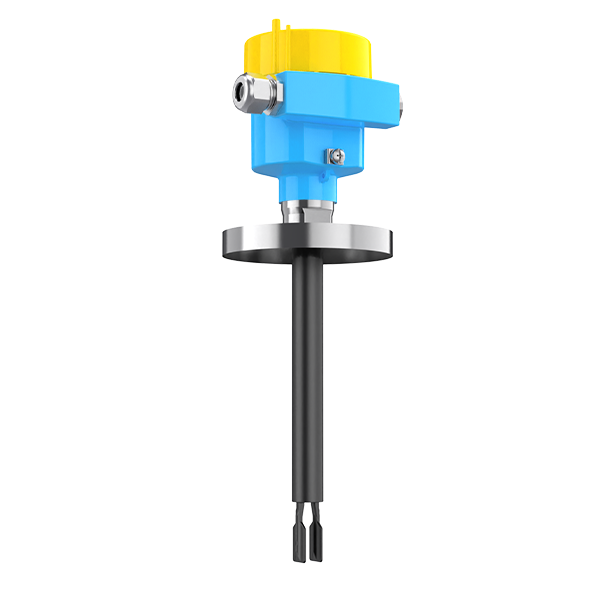
1. General-Purpose Solid-Liquid Measurement Instruments: Versatile and Broadly Applicable
1.1 Definition and Measurement Principles
General-purpose solid-liquid measurement instruments are designed to measure solid concentration and liquid properties simultaneously. They typically incorporate various sensing technologies such as electromagnetic, ultrasonic, and vibration analysis to achieve real-time monitoring of different phase parameters.
1.2 Key Features and Advantages
Wide Applicability: These instruments are suitable for a broad range of industries and diverse media environments, offering flexibility in application.
Integrated Design: With the ability to simultaneously process solid and liquid signals, they often feature an all-in-one design, facilitating easier installation and operation.
Simplified Process Management: Providing multi-dimensional real-time data, these instruments allow operators to manage processes more efficiently.
1.3 Limitations and Challenges
Limited Measurement Precision: As they are designed to accommodate mixed media, their precision for individual phase measurements may not match that of specialized instruments. Factors such as particle size distribution and viscosity variations can further impact measurement accuracy.
Applicability Constraints: In processes requiring precise control over solid composition, these instruments may compromise reliability.
Performance in Extreme Conditions: High temperatures, pressures, and corrosive environments may challenge their durability and longevity.
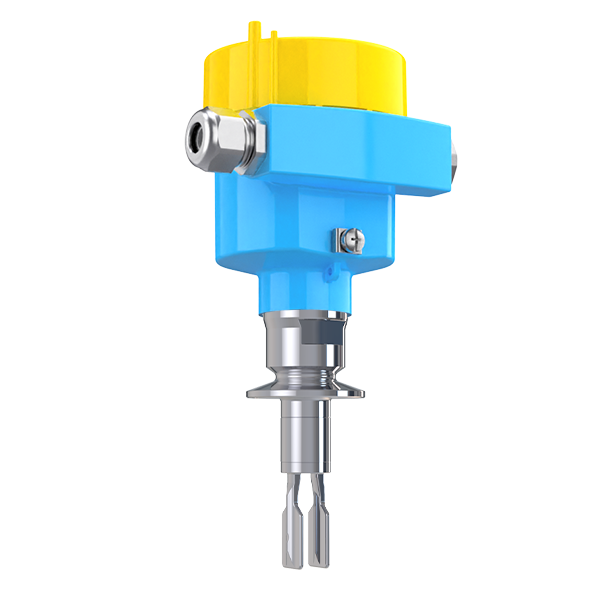
2. Specialized Solid-Liquid Measurement Instruments: High Precision and Targeted Functionality
2.1 Definition and Measurement Principles
Specialized solid-liquid measurement instruments focus on accurately measuring specific physical quantities of either solids or liquids. Examples include flow meters, level gauges, and density meters, which employ optimized sensing technologies tailored for precise readings.
2.2 Key Features and Advantages
High Precision: Designed for dedicated phase measurement, they provide optimized accuracy by considering variables such as particle size and liquid viscosity.
Enhanced Reliability: With a focus on single-parameter measurement, these instruments exhibit lower failure rates and higher long-term reliability.
Industry-Specific Adaptability: Specialized instruments can be selected based on specific material properties, ensuring optimal performance in critical industrial applications.
2.3 Limitations and Challenges
Variety of Devices Required: Different applications require different specialized instruments, increasing procurement and installation complexity.
Higher Maintenance and Management Costs: Managing multiple devices for different measurement needs demands additional resources for calibration and maintenance.
Space and Budget Constraints: Implementing multiple specialized instruments may not be feasible for projects with limited space or budget.
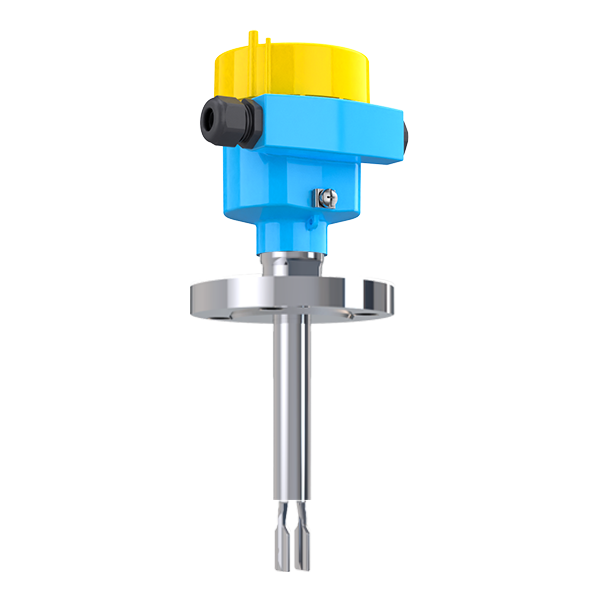
3. Comparative Analysis: General-Purpose vs. Specialized Instruments
The following table provides a comparative overview of the two instrument types:
| Criteria | General-Purpose Instruments | Specialized Instruments |
|---|---|---|
| Measurement Precision | Moderate | High |
| Applicability | Broad range of applications | Specific applications |
| Installation | Simplified all-in-one design | Requires multiple devices |
| Maintenance | Lower maintenance needs | Higher maintenance complexity |
| Cost | Lower initial investment | Higher initial investment |
| Performance in Extreme Conditions | Moderate resistance | High resistance |
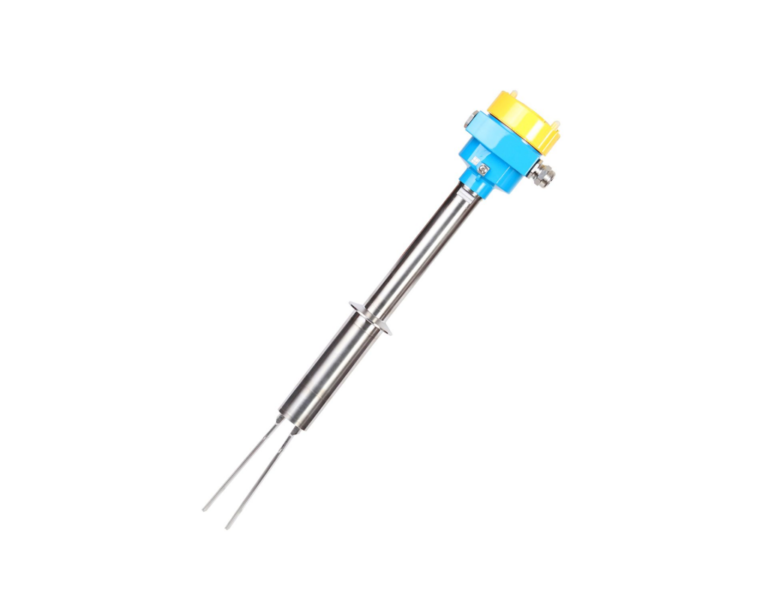
4. How to Choose the Right Instrument for Your Needs
When deciding between general-purpose and specialized solid-liquid measurement instruments, consider the following factors:
4.1 Measurement Accuracy Requirements
For applications demanding high accuracy in controlling solid or liquid content, specialized instruments are the preferred choice. Their precise readings help achieve more reliable process control.
4.2 System Complexity
If system simplification is a priority and the solid-liquid ratio remains relatively stable, general-purpose instruments provide an efficient solution by integrating multiple functions within a single unit.
4.3 Maintenance and Cost Considerations
Long-term operation scenarios requiring high device stability should opt for specialized instruments due to their enhanced reliability, despite their higher initial cost. Conversely, general-purpose instruments offer lower procurement and maintenance costs.
4.4 Industry and Application Requirements
Different industries have varying requirements. Specialized instruments are ideal for sectors such as mining and chemicals where precision is paramount, whereas general-purpose instruments are better suited for water treatment and food processing, where cost-effectiveness and integration are critical.
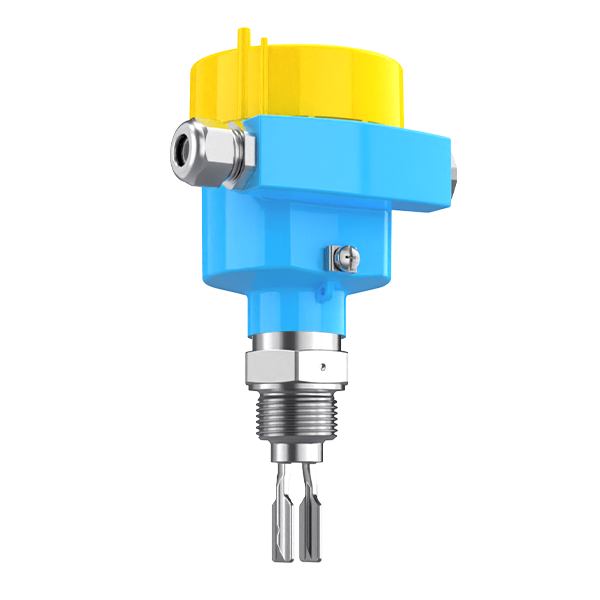
5. Conclusion
Both general-purpose and specialized solid-liquid measurement instruments have their respective strengths and weaknesses. General-purpose instruments are ideal for multi-functional needs with moderate precision requirements, providing cost savings and simplified operation. Specialized instruments, on the other hand, deliver high precision and reliability tailored to specific industrial needs.
Choosing the right instrument requires a comprehensive evaluation of measurement accuracy, system complexity, maintenance costs, and industry-specific requirements. With technological advancements, the future of solid-liquid measurement is likely to see more intelligent and modular solutions, offering even greater flexibility and efficiency for process control.
